The Cult Classic That Refused to Sell Out.
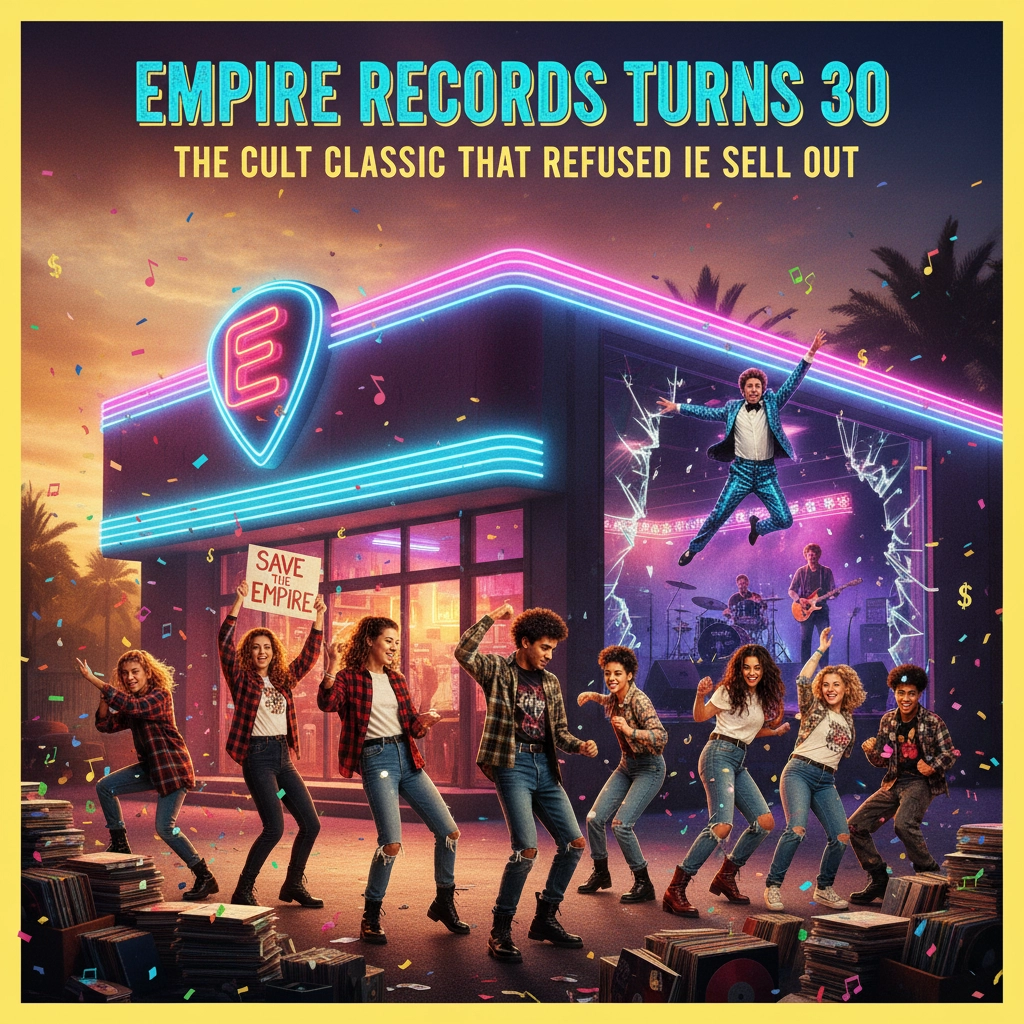
Empire Records Turns 30: The Cult Classic That Refused to Sell Out. Thirty years ago this September, a small independent record store in Delaware became the unlikely epicenter of one of Hollywood’s most spectacular failures: and its most enduring cult classics. Empire Records limped into theaters on September 22, 1995, earning a catastrophic $150,800 in its opening weekend before disappearing from most screens within two weeks. Yet three decades later, we’re still talking about Lucas, A.J., Corey, and the rest of the Empire crew, still quoting their lines, still cranking up that legendary soundtrack.
The irony couldn’t be more perfect: a movie about refusing to sell out to corporate chains became a beloved classic precisely because it refused to follow Hollywood’s safe formulas.
The Beautiful Disaster
Let’s be honest about what Empire Records was in 1995: a box office bomb of epic proportions. The film managed to gross only $303,841 total against its $10 million budget, making it one of the year’s biggest financial disasters. Critics were equally brutal, with Roger Ebert giving it one and a half stars and calling it “a lost cause.” Variety dismissed it as “a soundtrack in search of a movie,” while TV Guide labeled it a “lame comedy.”
The studio seemed to lose faith before it even opened. Originally planned for over 1,000 screens, Empire Records was pulled back to just 87 theaters after disastrous test screenings. There was no premiere, no national advertising campaign: just a quiet release that felt more like a mercy killing than a movie launch.
But here’s where the story gets interesting. Director Allan Moyle later revealed that the film was cut down significantly from his original vision. The theatrical version we saw was a compromise, sanitized and shortened. It wasn’t until the 2003 “Remix: Special Fan Edition” DVD that audiences got to see closer to Moyle’s intended version: 17 minutes of additional footage that gave the characters more breathing room and the story more heart.
When the Soundtrack Saved the Movie
While the film was dying in theaters, something magical was happening in record stores across America. The Empire Records soundtrack was becoming a genuine phenomenon, eventually selling over 2 million copies. As music supervisor Mitchell Leib would later marvel, “I think we did end up selling 2 million records, which is fucking unbelievable for a movie that did $147,000 at the box office.”
The soundtrack was lightning in a bottle: a perfect snapshot of mid-’90s alternative rock that felt both of its moment and timeless. The Gin Blossoms’ “Til I Hear It from You” became their first Top 20 hit, peaking at #9. Edwyn Collins’ “A Girl Like You” cracked the Top 40. But it wasn’t just the hits; it was the deep cuts, the B-sides, the unknown gems that made the album feel like a real record store employee’s mixtape.
The album featured everyone from The Cranberries to Better Than Ezra, from Toad the Wet Sprocket to the Martinis (featuring former Pixies members). It was eclectic without being pretentious, alternative without being alienating: exactly what you’d expect to find in the bins at an independent record store in 1995.

The Real Empire Records
The authenticity of that musical curation wasn’t accidental. Screenwriter Carol Heikkinen based the script on her own experiences working at Tower Records in Phoenix and later at Tower Video in West Hollywood. She’d witnessed the corporate takeover fears firsthand, had seen employees form tight-knit surrogate families, had watched young people define themselves through their musical tastes and workplace relationships.
Strangely enough, the story that kicked off the script was real too: Heikkinen heard about an employee who stole money and then returned to the store. She combined that incident with the very real threat of corporate takeovers that independent record stores were facing in the mid-’90s, creating a story that felt lived-in rather than manufactured.
Even the casting felt authentic. The young ensemble: including then-unknowns Liv Tyler, Renée Zellweger, Ethan Embry, and Robin Tunney: brought a naturalistic chemistry that couldn’t be faked. They rehearsed for a month with director Allan Moyle, building relationships that translated into believable on-screen friendships.
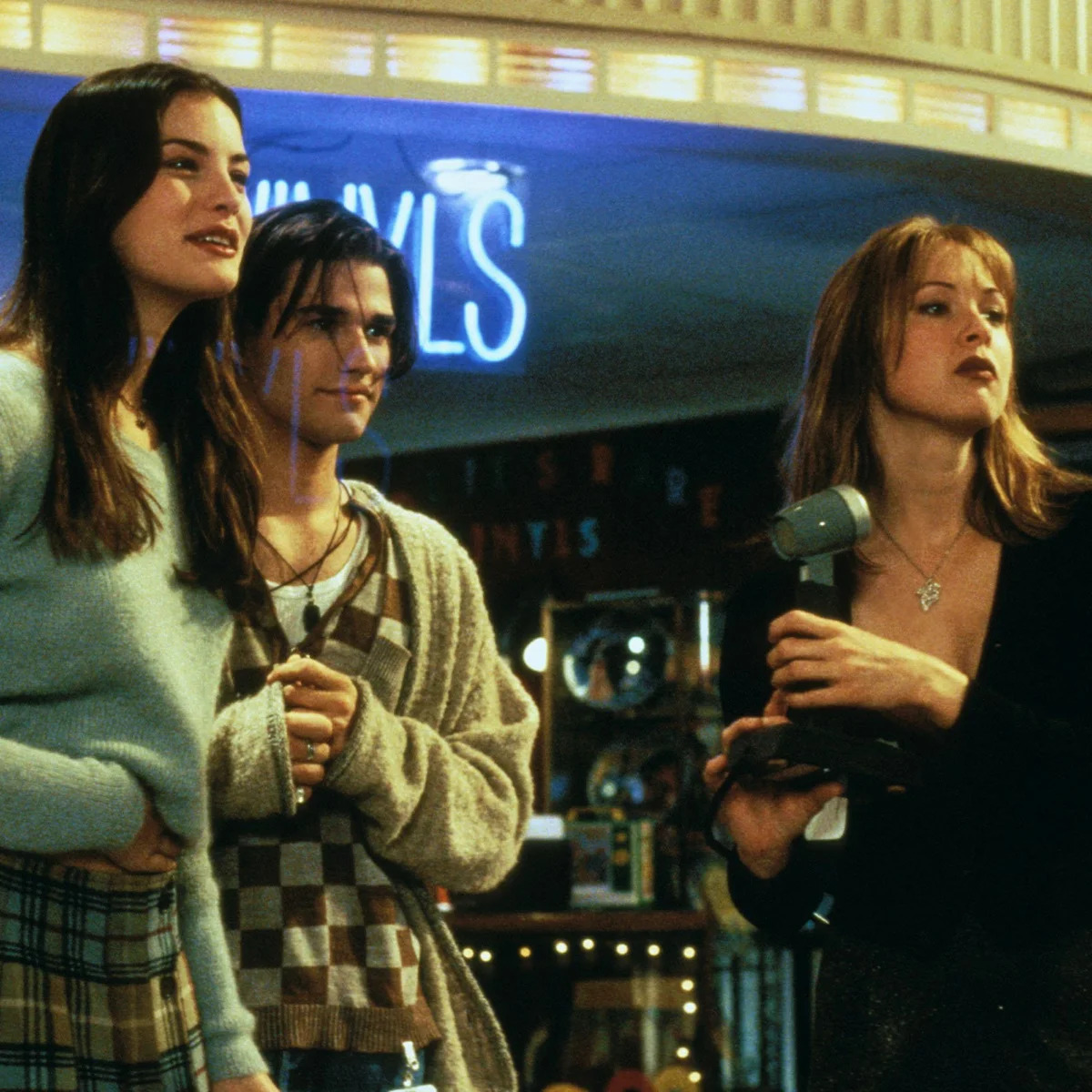
The Deleted Star
One of the most fascinating production stories involves a young actor who was originally cast but ultimately removed from the final film: Tobey Maguire. According to Moyle, Maguire asked to be released from his part, all his scenes were deleted, and he subsequently sought help for a drinking problem. It’s impossible to know how Maguire’s presence might have changed the film’s trajectory, but his absence allowed other cast members more room to develop their characters.
Why It Became a Cult Classic
Empire Records found its audience the way most cult classics do: slowly, through word of mouth, late-night cable viewings, and home video discoveries. The film tapped into something that mainstream Hollywood had missed: the genuine experience of being young, passionate about music, and trapped between adolescence and adulthood.
The Theme.
The movie’s themes resonated far beyond its initial release. The fight to save Empire Records from becoming another Music Town chain store felt increasingly relevant as independent retailers disappeared across America. Tower Records, the chain that inspired Heikkinen’s script, filed for bankruptcy in 2006, closing all U.S. locations. Suddenly, the film’s David-vs.-Goliath story felt less like fiction and more like prophecy.
The characters, too, felt real in ways that many teen movies didn’t. Corey’s perfectionist anxiety about getting into Harvard while secretly struggling with amphetamine addiction. Deb’s depression and suicide attempt treated with genuine sensitivity rather than melodrama. A.J.’s unrequited love for Corey playing out over years, not just one dramatic moment. These weren’t teen movie stereotypes; they were recognizable human beings dealing with real problems.
The Cast That Could
Part of Empire Records‘ lasting appeal lies in watching future stars before they became household names. Renée Zellweger’s Gina was pure charisma and attitude, foreshadowing her later Oscar-winning performances. Liv Tyler brought a natural vulnerability to Corey that would serve her well in everything from Lord of the Rings to The Leftovers. Robin Tunney’s transformation as Deb: both physical and emotional: showcased the range that would make her a sought-after character actor.
Even Anthony LaPaglia, already established at the time, found new depth as Joe, the record store manager whose paternal relationship with his young employees formed the movie’s emotional backbone. His performance grounded the film’s more outlandish moments and gave weight to its central themes about chosen family and mentorship.
The Record Store as Sacred Space
What makes Empire Records feel especially poignant in 2025 is its treatment of the record store as more than just a retail space: it’s a cultural sanctuary, a place where music lovers can find community and identity. The film captures something that was already disappearing by 1995: the record store as a social hub where knowledge was currency and taste was identity.
Ironically, while the movie’s whole mission is to save a neighborhood record shop, by 2025 the retail music store has mostly vanished. Most people stream music instead of buying physical records or CDs, and even vinyl’s comeback couldn’t reverse the tide. That shift has been rough on artists—payouts per stream are tiny compared with a CD sale—and opaque recommendation algorithms instead of the human, in-person exploration that record stores encouraged increasingly shaped discovery.
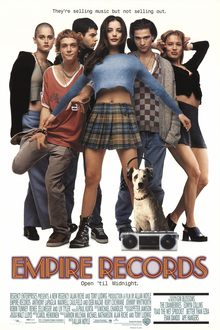
The 1990s turned out to be the last decade when billions of physical recordings were purchased worldwide, making Empire Records a bittersweet time capsule of a lost ritual—and a snapshot of a music culture once shaped by community tastemakers rather than feeds.
Because, The Empire Records set, constructed as a vast two-story space in a Wilmington, North Carolina warehouse, became a character itself. With its listening stations, concert posters, and endless rows of albums, it felt like every music lover’s dream workplace. The forced perspective windows (no CGI needed) gave the space depth and reality that modern films often lack.
Rex Manning Day and the Art of Cringe
The film’s funniest subplot: washed-up ’80s pop star Rex Manning’s promotional appearance: works because it understands both nostalgia and embarrassment. Maxwell Caulfield’s performance as Manning is pitch-perfect, capturing the desperation of a has-been clinging to past glory while the young staff alternately mocks and pities him.
The “Say No More, Mon Amour” music video, shot on Wrightsville Beach, was meant to be just 17 seconds of footage for the characters to mock. Instead, director Jordan Dawes shot a full five-minute video that became one of the film’s most memorable elements. It’s simultaneously a perfect parody of ’80s pop excess and a genuinely catchy song: the kind of contradiction that defines Empire Records as a whole.
The Message That Still Matters
At its heart, Empire Records is about the value of authenticity over profit, community over competition, and passion over pragmatism. These themes feel more relevant than ever in 2025’s creator economy, where artists and writers constantly navigate between artistic integrity and commercial viability.
The film’s message isn’t naive anti-capitalism; it’s a nuanced argument for preserving spaces where culture can flourish without being completely commodified. When Lucas takes the store’s deposits to Atlantic City, he’s not just gambling with money: he’s betting on the possibility that passion and creativity can triumph over corporate efficiency.
Empire Records turns 30 as both a time capsule and a prophecy. It captured the last moments of a music industry where discovery required effort, where taste was curated by humans rather than algorithms, and where retail spaces could be genuine cultural communities. Yet its themes of resistance, authenticity, and chosen family remain eternally relevant.
Where Are They Now?
Three decades on, the Empire crew have carved out distinct careers and legacies:
- Anthony LaPaglia (Joe): Theater standout and TV mainstay. Tony Award for A View from the Bridge, Emmy-winning guest turn on Frasier, and a Golden Globe leading Without a Trace. On film, he’s ranged from the acclaimed Lantana to horror hit Annabelle: Creation. Pop-culture legacy: the tough-but-tender boss template.
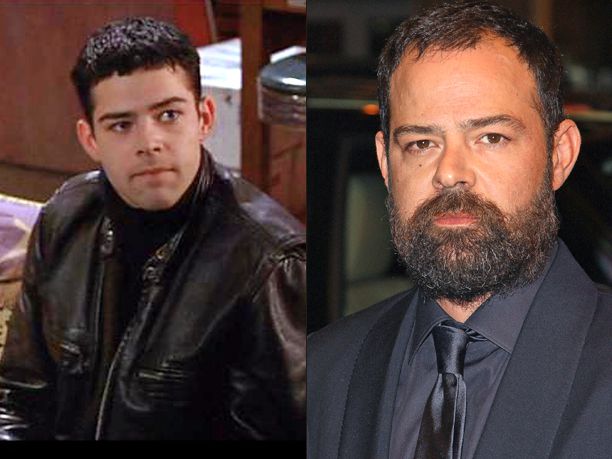
- Rory Cochrane (Lucas): Evolved from slacker icon to reliable character actor. From CSI: Miami’s fan-favorite Tim Speedle to key roles in A Scanner Darkly, Argo, and Black Mass. Pop-culture legacy: the Dazed and Confused alum who kept his indie cred.
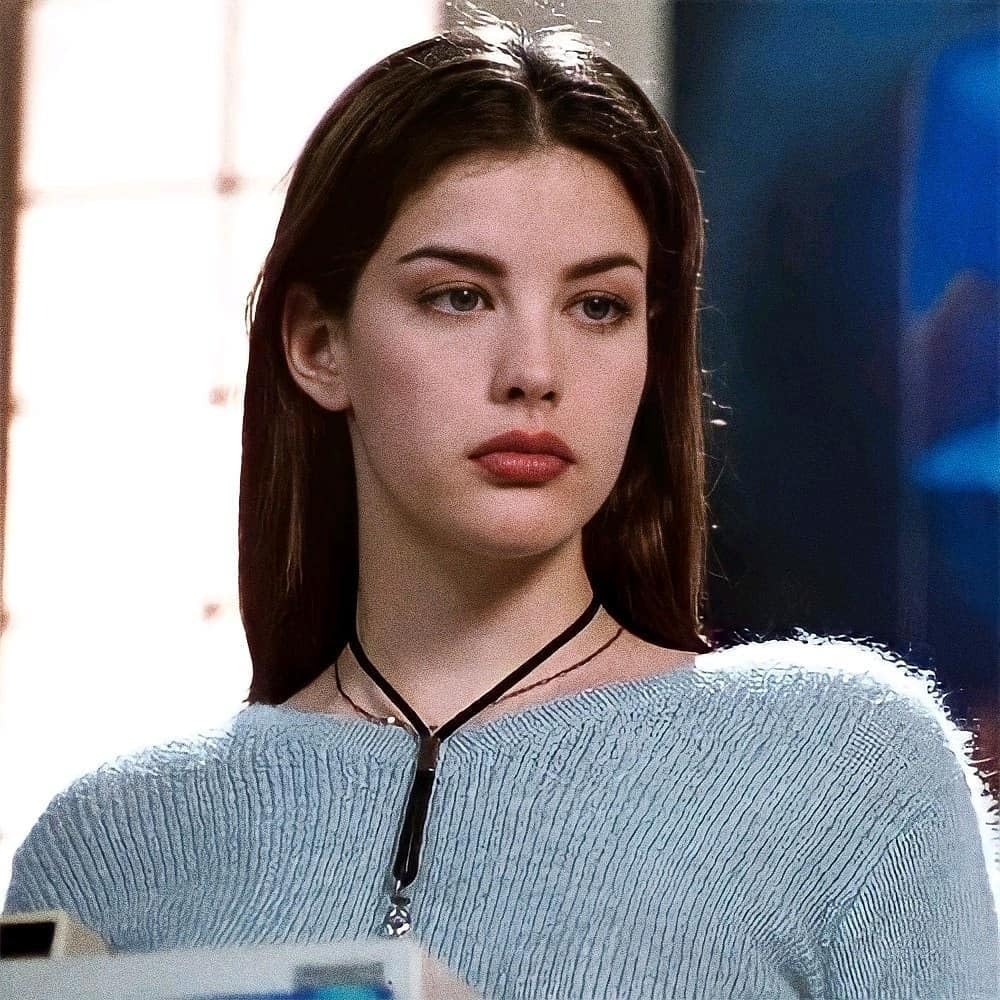
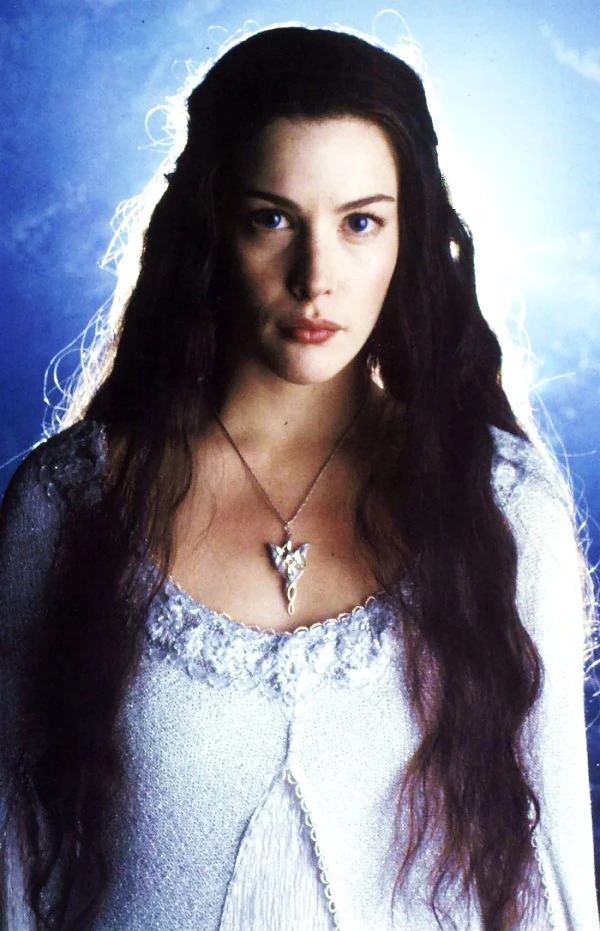
- Liv Tyler (Corey): Broke big with Armageddon, then rocketed to global fame as Arwen Undómiel in Peter Jackson’s The Lord of the Rings trilogy (2001–2003). Her poised, heartfelt take on Arwen helped make high fantasy feel romantic and accessible, turning the “Evenstar” into a pop‑culture icon and cementing Tyler as a face of the franchise era. She kept working across film and TV—arthouse (Stealing Beauty), horror (The Strangers), and acclaimed series (The Leftovers, Harlots, 9‑1‑1: Lone Star)—and returned to the MCU as Betty Ross. Pop‑culture legacy: the ’90s It‑girl who helped mainstream Tolkien and kept expanding her range on screen.
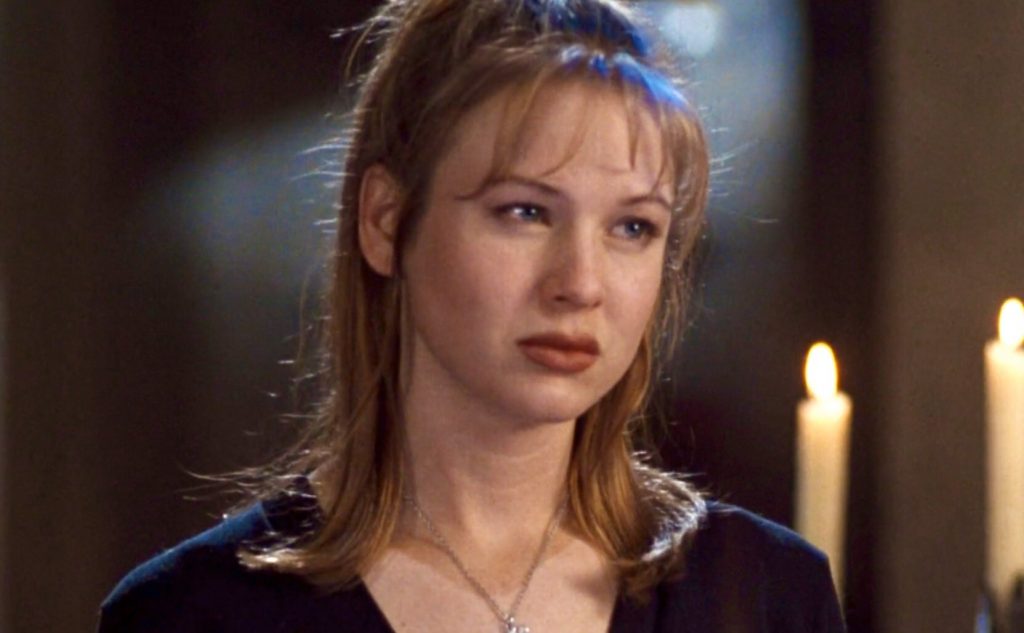
- Renée Zellweger (Gina): From Jerry Maguire to Chicago to the Bridget Jones films—and two Oscars (Cold Mountain; Judy). She’s also headlined true-crime TV with The Thing About Pam. Pop-culture legacy: a rare star who moves between rom-coms, musicals, and prestige awards fare.
- Ethan Embry (Mark): Graduated from ’90s teen favorite (Can’t Hardly Wait, That Thing You Do!) to steady TV presence (Grace and Frankie, Sneaky Pete), with stops in Sweet Home Alabama and The Walking Dead. Pop-culture legacy: the affable everyman who stuck the landing into adulthood—open about recovery and resilience.
- Robin Tunney (Deb): Broke out in The Craft, led big-studio thrillers (End of Days, Vertical Limit), and anchored seven seasons of The Mentalist after kicking off her TV run with Prison Break. Pop-culture legacy: goth icon turned procedural anchor.
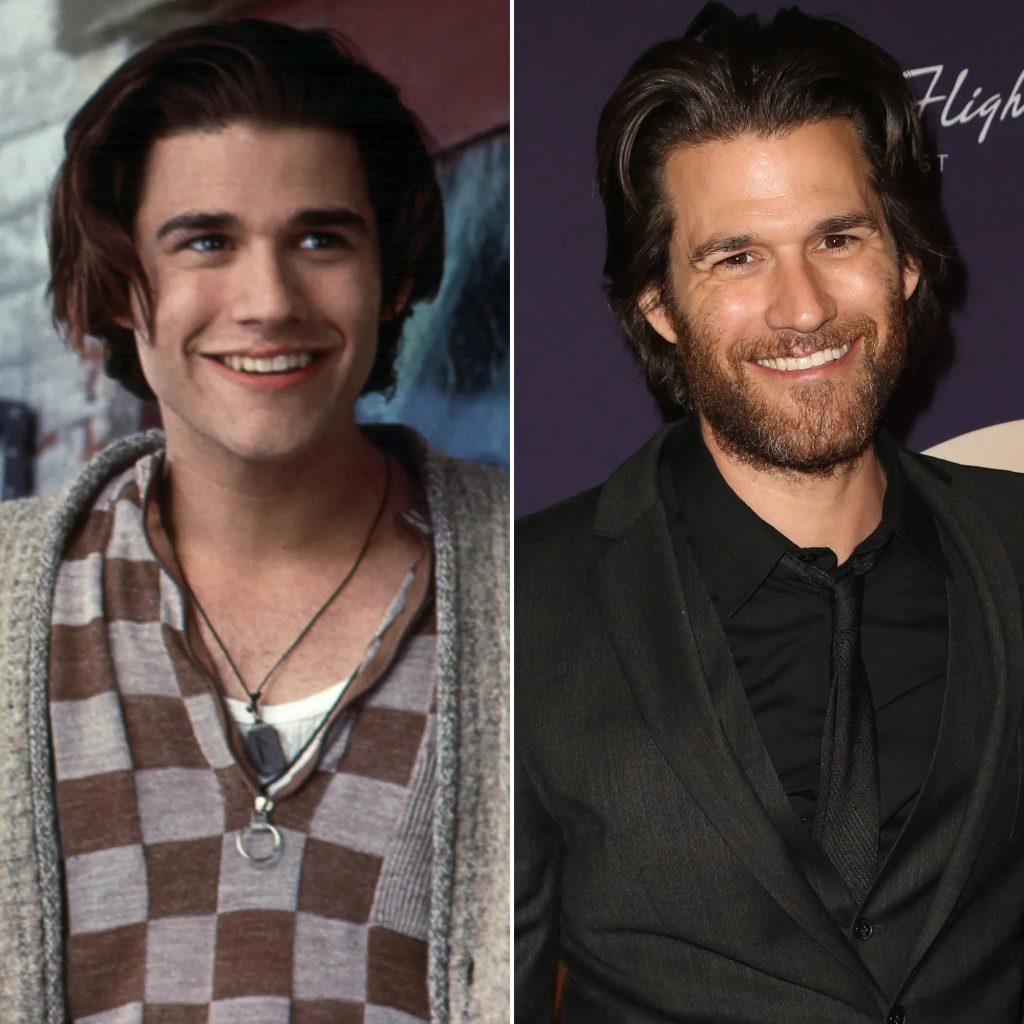
- Johnny Whitworth (A.J.): From The Rainmaker to Limitless and Ghost Rider: Spirit of Vengeance, plus a recurring turn on CSI: Miami as Det. Jake Berkeley. Pop-culture legacy: the brooding art kid who grew into a memorable genre heavy.
The film that Hollywood forgot became the movie that audiences remembered. In refusing to sell out its vision for mass appeal, Empire Records accidentally created something more valuable: a genuine artifact of youth, music, and the revolutionary idea that some things matter more than money. Thirty years later, that’s still a pretty damn good message.
